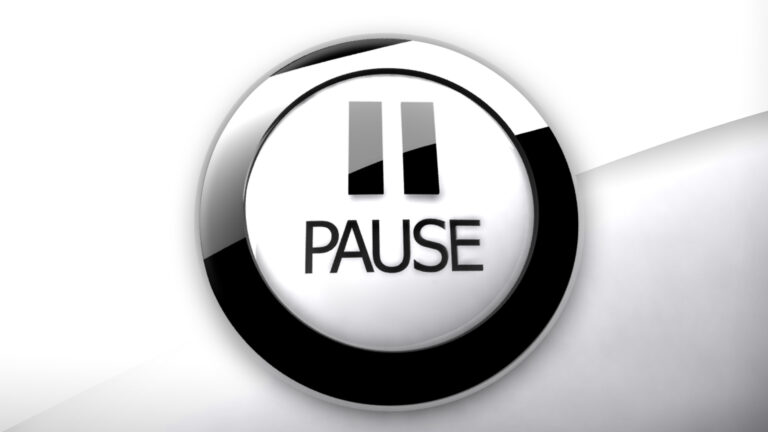
The traditional standards for imposing injunctions or freeze orders apply in trust litigation matters. The Fourth District Court of Appeal’s opinion in McKeegan v. Ernst, 84 So.3d 1229 (Fla. 4thDCA 2012) was one of the first decisions along these lines. In McKeegan, Ms. McKeegan challenged the entry of an ex parte temporary injunction order imposed on a trust bank account. Ms. McKeegan argued that the temporary injunction order was facially deficient because it did not include sufficient factual findings to support each prong of the four-part injunction test. The Fourth District Court of Appeal agreed with Ms. McKeegan and reversed the trial court.
In explaining its decision, the trial court stated that “[a] party seeking a temporary injunction must prove: (1) that it will suffer irreparable harm unless the status quo is maintained; (2) that it has no adequate remedy at law; (3) that it has a substantial likelihood of success on the merits; (4) that a temporary injunction will serve the public interest.” Jouvence Ctr. for Advanced Health, LLC v. Jouvence Rejuvenation Ctrs., LLC,14 So. 3d 1097, 1099(Fla. 4thDCA 2009) (citation omitted). “The party must also establish that it has a clear legal right to the relief sought. Finally, a trial court must make ‘clear, definite, and unequivocally sufficient factual findings’ supporting each of the required elements before entering an injunction.” Id. (citation omitted). “[A] trial court reversibly errs when an order fails to make specific findings for each of the elements.” Wade v. Brown, 928 So. 2d 1260, 1262(Fla. 4thDCA 2006) (citation omitted). Florida Rule of Civil Procedure 1.610(c) provides that “[e]very injunction shall specify the reasons for entry.” The trial court’s order did not include the specifics.
In addition, Ms. McKeegan argued that her due process rights to notice and an opportunity to be heard were violated, based on the failure to establish that notice was not required. Because this was an ex parte temporary injunction, the appellees were required to certify in writing of the efforts made to give notice or the reasons why notice should not be required, including the specifics on the irreparable harm that would occur if a temporary injunction was not imposed. The Fourth District agreed with this also in reversing the trial court.
Subsequent to the McKeegandecision, other Florida district courts of appeal have reinforced these same concepts.
The Fifth District Court of Appeal reviewed a similar issue, but the issue was more as to seeking timely appellate review of the correct court order. In McKinnon v. Weinstein, 125 So. 3d 1014 (Fla. 5thDCA 2013), the freeze order was also facially deficient. The appellate court explained that “the trial court issued an order essentially freezing all Trust assets indefinitely, until it could conduct further proceedings to sort out the parties’ claims. The order, which both parties characterize as a temporary injunction, does not contain any findings that would support an injunction, and does not require the posting of any type of bond. And, although neither party requested the injunction, neither party appealed from the order.”
Later, Ms. McKinnon moved the trial court to set aside the injunction order, asserting that it was improperly entered. The trial court denied this request and from there, Ms. McKinnon appealed. The appellate court explained that because Ms. McKinnon did not appeal the original injunction order, it could not consider the propriety of its entry. Rather, the appellate court affirmed the trial court but recognized the “questionable nature of the original injunction order and the obvious problems that freezing all Trust assets could pose”.
Although the Fourth District Court of Appeal examined the McKeegandecision last year, it was in connection with a probate case and assets in a brokerage account, Dubner v. Ferraro, 242, So. 3d 444 (Fla. 4thDCA 2018). The appellate court reiterated the requirements of the rule, that an order must specify in detail the reasons for the acts being restrained, in addition to the order addressing the elements of injunctive relief. The trial court must explain the basis for its finding as to each of the four parts of the standard, and mere conclusions and re-stating the standards are insufficient under Fla. R. Civ. P. 1.610(c).
If faced with an order that freezes assets, such as those titled in the name of a trust, it is imperative that you seek experienced estate and trust counsel to review the propriety of the order and to seek relief in timely fashion if necessary. Alternately, if you are looking to freeze assets that are part of an estate or a trust, the finite rules must be followed to impose a temporary injunction or freeze, to maintain the status quo. An experienced estate and trust lawyer should be consulted on these details and issues without delay.